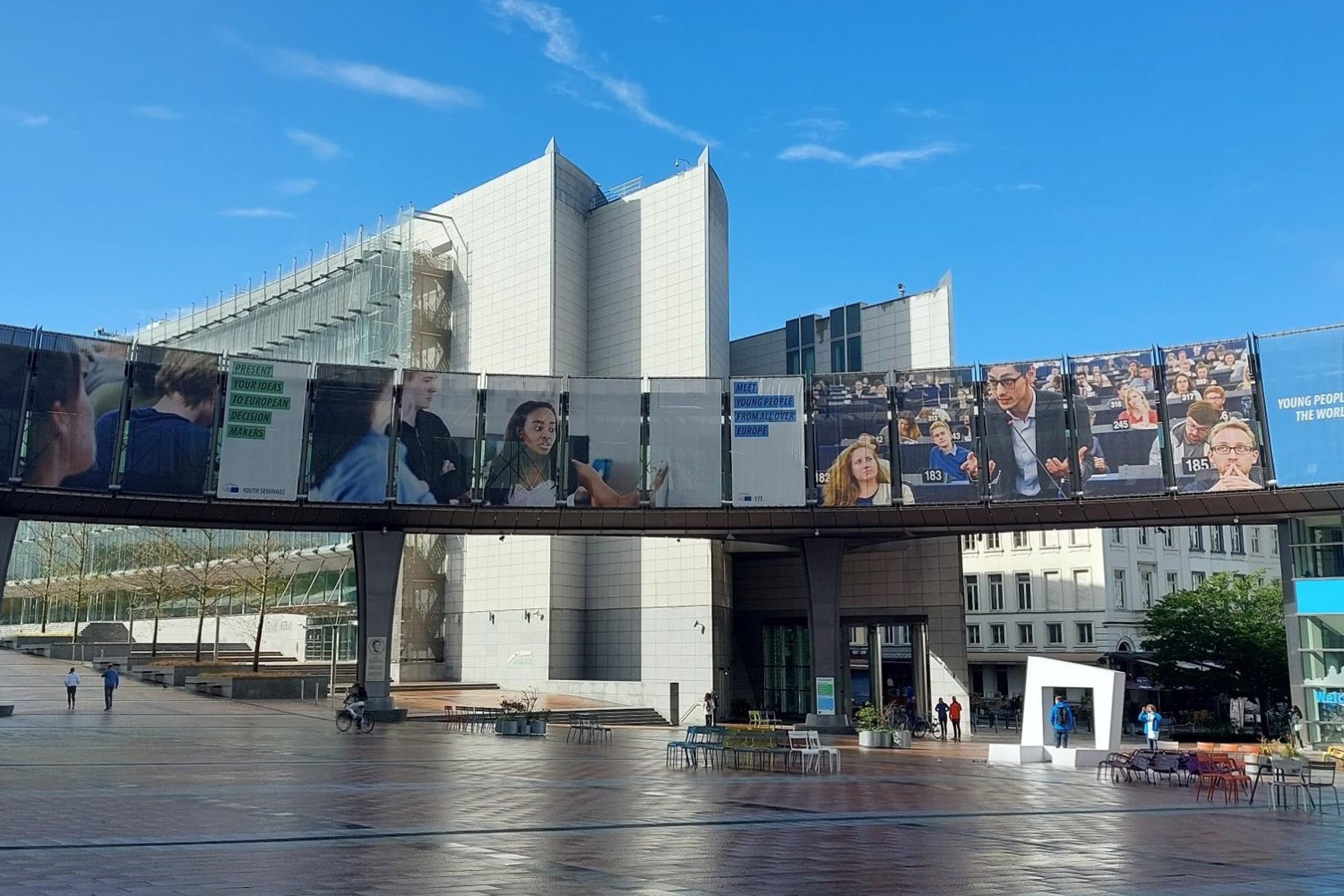Europeans went to the polls this past week to elect members of European Parliament, as well as national and local policymakers in some cases. Each of the 27 member states votes according to its own electoral system. In many countries, the European ballot is a case of national politics and, indeed, results must be analyzed through that lens, as well.
Here is what we know about the composition of the new Parliament, pending final numbers. The European People's Party solidified its position as the leading political group at the EU level by a number of seats and managed to gain a few compared to the previous term. Far right groups have gained significant momentum but only in pockets of countries, notably France. The Socialists remained stable. The Liberals of Renew and the Greens both suffered significant defeats, the latter falling from being the fourth largest group to the sixth.
Renew will lose some of its informal "kingmaker" power to the benefit of the Conservatives and Reformists Party which becomes almost equivalent in size. Alliances were a game of chess, file by file, even amendments to amendments, during the preceding term. With far right groups receiving one quarter of the seats, alliances will be even harder to build.
In the grand scheme of things, this raises a genuine question about Parliament's ability to continue to legislate, debate and negotiate effectively and constructively. Not in a grim fearmongering way — although some of these results don't bode well for the European project — but in what this process may mean for the quality of EU policymaking and its legislative output. Difficult alliances mean arduous compromises to reach, legislative files advancing at snail pace, being riddled with unclear provisions, or incomplete because the hard stuff is left for others to figure out.
The EU reshuffle is still at the beginning. The Council of the European Union will designate a new president and the European Commission will renew its college of commissioners by 1 Nov. Only then will Brussels' EU bubble resume normal business.
Elsewhere:
- Current European Data Protection Supervisor Wojciech Wiewiórowski's term is ending in December. The EDPS acts as the supervisory authority for EU institutions and agencies and has over the years effectively raised its influence in EU policymaking. The Commission is accepting applications until 4 July. Wiewiórowski could run for a second five-year mandate, but the Commission expects it might receive up to 50 applications from candidates across the EU. The Commission will draw a shortlist of at least three candidates, who will then participate in a public hearing before Parliament and a closed meeting with the Council. The decision should be made in late October, while the new term will begin 4 Dec.
- Even if the EU Artificial Intelligence Act has not yet been published in the Official Journal of the European Union — that should come in the next few weeks — organizational changes to the EU AI Office are taking full effect 16 June. As explained at the IAPP's AI Governance Global 2024 by a Commission official, the AI Act is part of a much broader AI strategy going back to 2018. The set up of the AI Office will reflect these baseline principles and continue some of the work already in progress, such as developing policy to support AI trustworthiness. The office will eventually have 130 staff in total, some being Commission officials, and external recruitment will run well into next year. The office will be structured around five main units, one lead scientific advisor (open position) and one international affairs advisor (a commission official). The five units will respectively address excellence in AI and robotics, AI regulation and compliance, AI safety, AI innovation and policy coordination, and AI for societal good.
- Luxembourg's National Commission for Data Protection is hosting an in-person interactive workshop to address AI and data governance within organizations 2 July. The U.K. Information Commissioner's Office announced its annual Data Protection Practitioners' Conference will take place 8 Oct.

